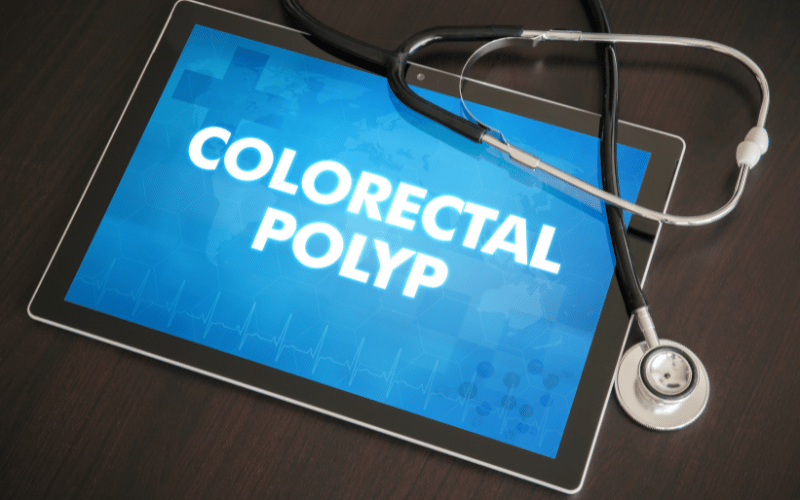Introduction: Delving Deep into Colorectal Polyps

Colorectal polyps, or as they are commonly referred to, colon polyps, represent small clumps of cells that form on the lining of the rectum or the colon. While the majority of these growths are harmless, their significance can’t be underestimated. Some of them possess the potential to develop into colon cancer, which is a leading cause of death related to cancer. The challenge here lies in the fact that these polyps often don’t manifest prominent symptoms. Thus, to safeguard one’s health, it becomes imperative to undergo regular screenings and to be aware of subtle symptoms, ensuring early detection.
Colon polyps are not a modern ailment. They have been present in humans for generations. But with the rise in sedentary lifestyles, changes in dietary habits, and increased exposure to environmental toxins, the frequency of these polyps is on an upward trajectory. Some experts posit that the prevalence of processed foods in our diet, combined with decreased physical activity, has contributed significantly to the problem.
What makes colon polyps tricky is their silent nature. By the time more severe symptoms manifest, the polyps might have progressed significantly, making treatment more challenging. This is why knowledge of the seemingly insignificant signs becomes essential. But fret not! This isn’t an article meant to scare you. Instead, it’s an exploration into understanding what our body tries to communicate and how we can stay a step ahead in the realm of personal health.
Symptom 1: Rectal Bleeding – A Red Flag?

The sight of blood is always alarming, especially when it appears in places we least expect it. When we discuss rectal bleeding, we aren’t talking about a scrape on the knee or a minor cut; we’re talking about an internal concern. Streaks of bright red blood on toilet paper or seeing a tinge of red in the stool can certainly make anyone’s heart skip a beat. This particular symptom might be your body’s way of raising an alert about potential colon polyps.
Now, before panic sets in, it’s crucial to remember that rectal bleeding can stem from various sources. Hemorrhoids, anal fissures, or even certain gastrointestinal infections can manifest similar symptoms. However, consistent and recurring episodes of bleeding, particularly without an evident reason, should always be taken seriously. Colon polyps, as they enlarge, can sometimes ulcerate, leading to these traces of blood.
Small polyps are like those characters in movies that lurk in the shadows, causing trouble unseen. They might not bleed or cause any discernible symptoms. This stealth mode often results in them being overlooked for extended periods. The irony? It’s these seemingly inconspicuous polyps that can sometimes escalate into a more severe concern if left unaddressed.
The intermittent nature of rectal bleeding due to polyps can lead many to dismiss it as a one-off event. This dismissal can be a dangerous oversight. Regular health check-ups, especially for those in higher risk categories or with a family history of colon issues, are paramount. Routine screenings can often catch these polyps in their early stages, making treatment more straightforward and more effective.
The absence of bleeding shouldn’t be taken as a clean bill of health. Conversely, every instance of bleeding doesn’t spell doom. The key lies in awareness, timely action, and prioritizing one’s health. Instead of succumbing to fear or dismissing potential symptoms, seeking professional guidance is the way to go. After all, when it comes to health, it’s always better to play it safe than be sorry later. (1)